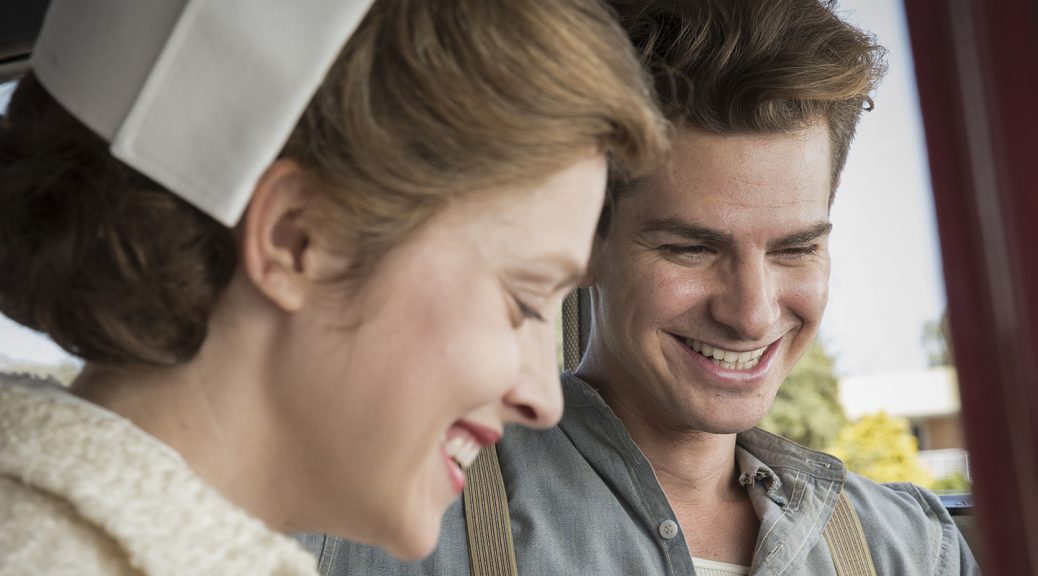
Doss was an “even-better Samaritan” who intentionally placed himself in places of danger, discomfort and personal cost to serve others.
By Nathan Brown.
Desmond Doss wanted to serve. As he himself said, he was wrongly described as a conscientious objector; instead he was a conscientious co-operator, only labelled as a “conscientious objector” by a system that wasn’t sure what to do with him.
The rights and wrongs of such an attitude in the context of war and military service is a worthwhile debate, but not one that Doss gave much time to. Instead, he simply chose to serve — his God, his men and his country, in that order and in some of the most difficult circumstances imaginable.
In following the teachings of Jesus as a guiding principle of his life and faith, Doss’s story of service demonstrates what it might look like to live in response to what Jesus described as the most important laws of life: “‘You must love the Lord your God with all your heart, all your soul, and all your mind.’ This is the first and greatest commandment. A second is equally important: ‘Love your neighbour as yourself.’ The entire law and all the demands of the prophets are based on these two commandments” (Matthew 22:37–40, NLT).
In Luke’s telling of the story, discussion of these two great commandments led into the well-known story of the Good Samaritan (see Luke 10:30–37). And, in a sense, Doss was a typical “good Samaritan,” an unlikely helper and hero who overcame prejudice and the temptations to not care, particularly about those who had mocked and bullied him.
But it can be argued that Doss was an “even-better Samaritan” who intentionally placed himself in places of danger, discomfort and personal cost to serve those who needed the care he could give.
Whatever our circumstances, the twin call to “love God” and “love our neighbour” is not about conjuring nice feelings, but serving, intentionally and practically, and doing good wherever and however we are able. It might not win us a Medal of Honor, but it is the faithful response to a much higher law.